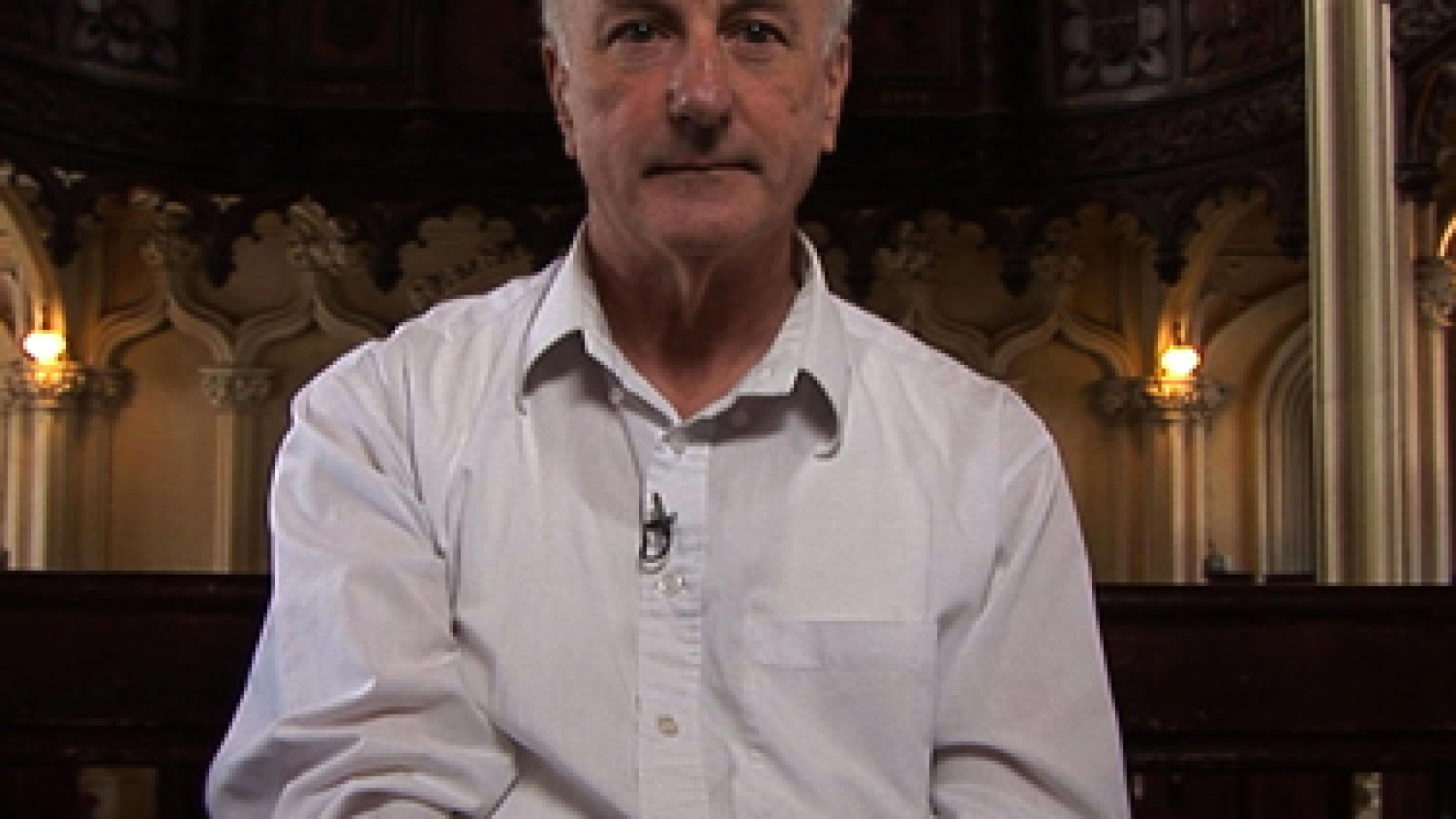“Deliver Us From Evil”
“Deliver Us From Evil”
November 16, 2006
I recently had an opportunity to see the documentary Deliver Us From Evil. This chilling film chronicles the story of Father Oliver O’Grady, the notorious pedophile priest who sexually abused children, including a 9-month-old baby, in a string of towns in Northern California in the ‘70s and ‘80s. Each time complaints were raised to his superiors in Los Angeles, the bishops of the Archdiocese would simply move Fr. Ollie to another parish 50 miles or so away. Finally, in the 1990s, complaints were made to the local authorities and Fr. Ollie was arrested, convicted, and imprisoned. Upon his release seven years later, he returned to his native Ireland where he lives unsupervised and in contact with small children.
What might surprise some is the fact that Father Ollie actually went to his superiors a number of times, asking them to help him with his “problem,” but shockingly, they disregarded his pleas for help and simply moved him to another parish. In the documentary, he seems to be enjoying the attention he’s getting by being interviewed on camera. He doesn’t seem to be fully aware of what he had done. The interviews show just how disassociated he really was from his own behavior; a victim of sexual abuse himself, both by his own family and by priests during his childhood, he convinced himself his actions of rape were simply being affectionate.
Filmmaker Amy Berg does a masterful job of documenting this excruciating topic. It’s clear from reading interviews with her that this documentary was difficult for her to make, but she felt the story had to be brought to light. Berg talked to O’Grady as well as to the victims and parents of victims in a series of interviews that are at times painful to watch. She also interviewed one courageous priest who dared to disagree with his superiors and travels far and wide in his efforts to shed light on this prevalent problem and bring healing to victims.
Most shocking of all is the footage of Cardinal Roger Mahony testifying about the O’Grady scandal. Mahony is accused of knowing that O’Grady was a pedophile as early as l984, when he was his bishop, but promised police he would be removed from contact with any children. Instead, O’Grady was reassigned to a parish 50 miles away. Shortly after that, Mahony was promoted to archbishop of Los Angeles, the largest Catholic diocese in the country. In the film, O’Grady states that “Mahony was very supportive and very compassionate and another situation was smoothly handled.” Mahoney denies ever knowing that O¹Grady was a pedophile.
Cardinal Mahony, the most important figure in the Catholic hierarchy in the US today, does not exhibit the kind of truthfulness or compassion one would expect from a high religious authority; instead, visibly shaken, he continued to cover up O’Grady’s crimes, giving inconsistent answers and stonewalling the attorneys representing the victims. (More significant still is the fact that Mahony is now the focus of ongoing investigations in a number of other similar cases.)
As someone who was abused by a Catholic priest, I know that for this problem to be healed, the truth must be told, no matter how soul-wrenching it may be. The Catholic Church has to remember that its primary responsibility is to the congregation—it’s nothing without its members—and the members, as well as the rest of the world, deserve to know the truth. I applaud the courage of all those who were willing to participate in this documentary and lend their faces and voices to this crucial issue.
I urge you to see this powerful and revealing film.


